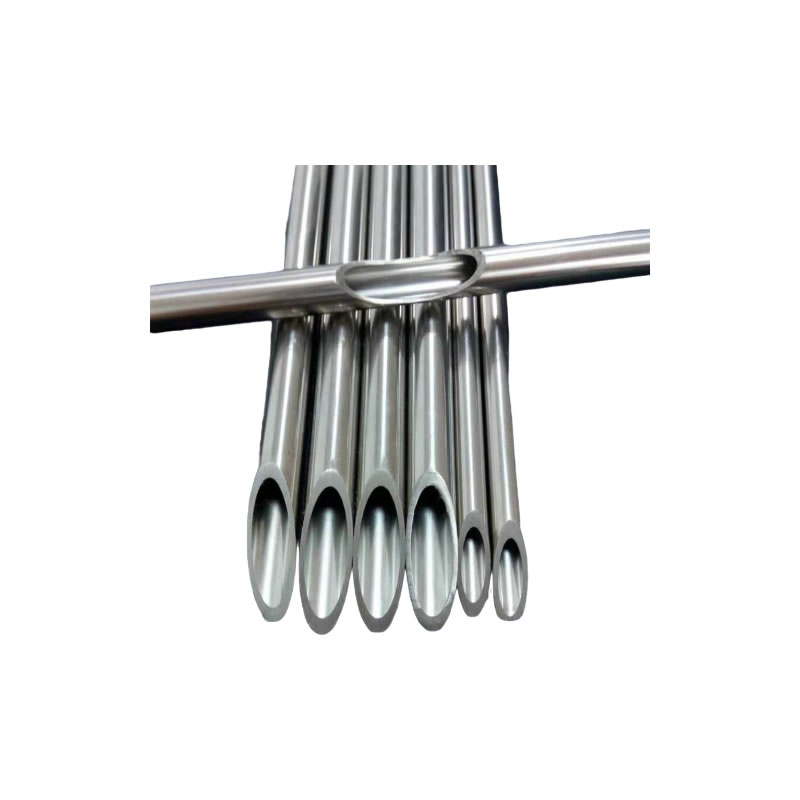When designing a system that relies on seawater, and is most likely to be used on boats, it’s key to select materials that prevent rusting. Regular materials do not stand a chance in the saltwater, so we must make sure the alloy tube fittings can prevent rusting. Mid-Cat Caravan In Earl: Our assembly of alloy tube fittings for sea water systems and lessons learned on how to select for our boats.
Importance of Rust Resistance in Sea Water Systems
Untreated metals are vulnerable to corrosion by seawater. When metal corrodes, it weakens and may fracture, leading to leaks and other issues. Which is why we need to use alloy tube fittings so that they can withstand the demanding conditions of seawater. Nai Lok alloy tube and pipe fitting are designed with rust resistant feature, ensuring your system is strong and operational for many years.

What to Consider When Selecting Alloy Tube Fittings
There’s a few things to consider when choosing alloy steel and tube pipe fittings for boats. First, ensure the fittings are constructed from the appropriate alloy that resists rust. The size and shape of the fittings need to be taken into account, as you want your fittings to fit in your system properly You also want to see how each of the fittings looks. Moreover, consider the pressure and temperature of the seawater system to be sure that the fittings can withstand them.
Various Types of Alloys for Seawater
There are many varieties of seawater alloys, each with their own special characteristics. Some popular alloys include stainless steel, brass, and aluminum. Stainless steel is great at preventing rust, so it would be an excellent option for a seawater (salt) system. Brass is also is relatively rust proof, but can be problematic in a marine environment. TMD: Aluminum also has excellent anti-rust quality being a light metal, it suffers from worse damage when it comes in contact with other metals.
Advantages of Premium Quality Alloy Tube Fittings
There’re a lot of benefits as well, high quality alloy tube fittings and adapters in sea water systems. For one, these fittings are built to withstand corrosion, so your system remains stout for years to come. They are also durable and reliable, so you shouldn’t need to replace them frequently. And they have simple to install and maintain high-quality accessories, saving time and effort.
Advice on how to Install and Maintain Alloy Tube Fittings
It is important to properly assembly and maintain alloy tube fittings to ensure that they perform well in marine applications. When installing the fittings, follow the manufacturer’s instructions carefully and use appropriate tools. Oiling the fittings and keeping them clean can help stop rust and make the spigots last longer. If there is any rust or damage, replace the fittings immediately to avoid leaks and other problems.
Lastly, selecting the proper alloy tube fittings for seawater systems is of the utmost importance to ensure the continuing safe operation of the system. Nai Lok alloy tube fittings are rust-proof, so that's good enough for boats. By considering the alloy type, size, shape, pressure, and temperature you will be able to choose the right fittings for your seawater system. And don't forget to install and fit correctly to help your systems running well for many years.



